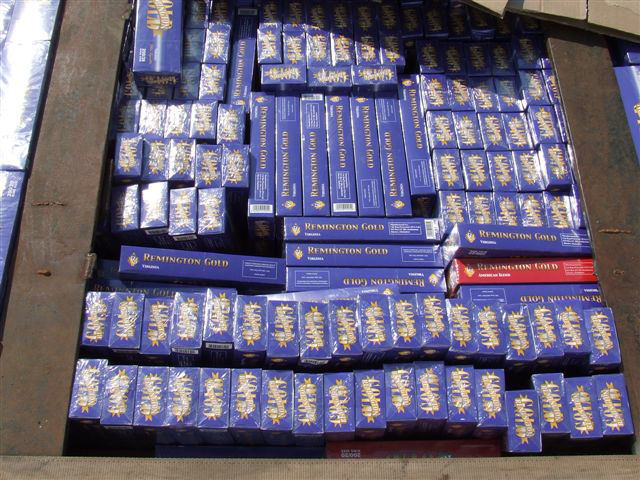At least a quarter of South Africa’s cigarette trade is illegal, resulting in significant ‘losses’ to the treasury, according to a story in The Business Day quoting the chairman of the Tobacco Institute of Southern Africa, Francois van der Merwe.
Van der Merwe was one of a number of people who appeared before Parliament’s standing committee on finance, which is looking into the illegal tobacco trade.
Also present were representatives of Treasury, the South African Revenue Service, the Financial Intelligence Center, the National Prosecuting Authority (NPA) and the Hawks (the Directorate for Priority Crime Investigation).
Van der Merwe referred to estimates that the treasury had ‘lost’ more than R27 billion in unpaid taxes on tobacco products between 2010 and 2016.
“One of the consequences of tax manipulation by certain players is that the legal, tax-compliant tobacco sector is losing market share to the illegal sector at an alarming rate,” he was quoted as saying. “At least a quarter of the cigarette market in South Africa is illicit with certain channels selling 50 percent to 100 percent illicit product.”
The illegal trade not only affected manufacturers but threatened the sustainability of tobacco farmers, said Van der Merwe, who added that the legitimate tobacco sector contributed R23 billion to GDP, paid about R22 billion in tax and supported 108,475 jobs.
NPA acting special director of public prosecutions Marlini Govender referred to estimates that South Africa ranked among the top five countries in the world with the highest incidence of trade in illicit cigarettes, noting that the profit margin on the illegal trade was very high.
Govender said the illegal trade was a trans-national problem involving neighboring countries and required effective collaboration in the region to prevent consignments crossing South Africa’s borders. The porous nature of South Africa’s borders and the element of corruption that allowed consignments to pass were factors that acted as enablers.
Govender added that collaboration with the private sector and within the criminal justice sector was required.
Illegal trade alarming











